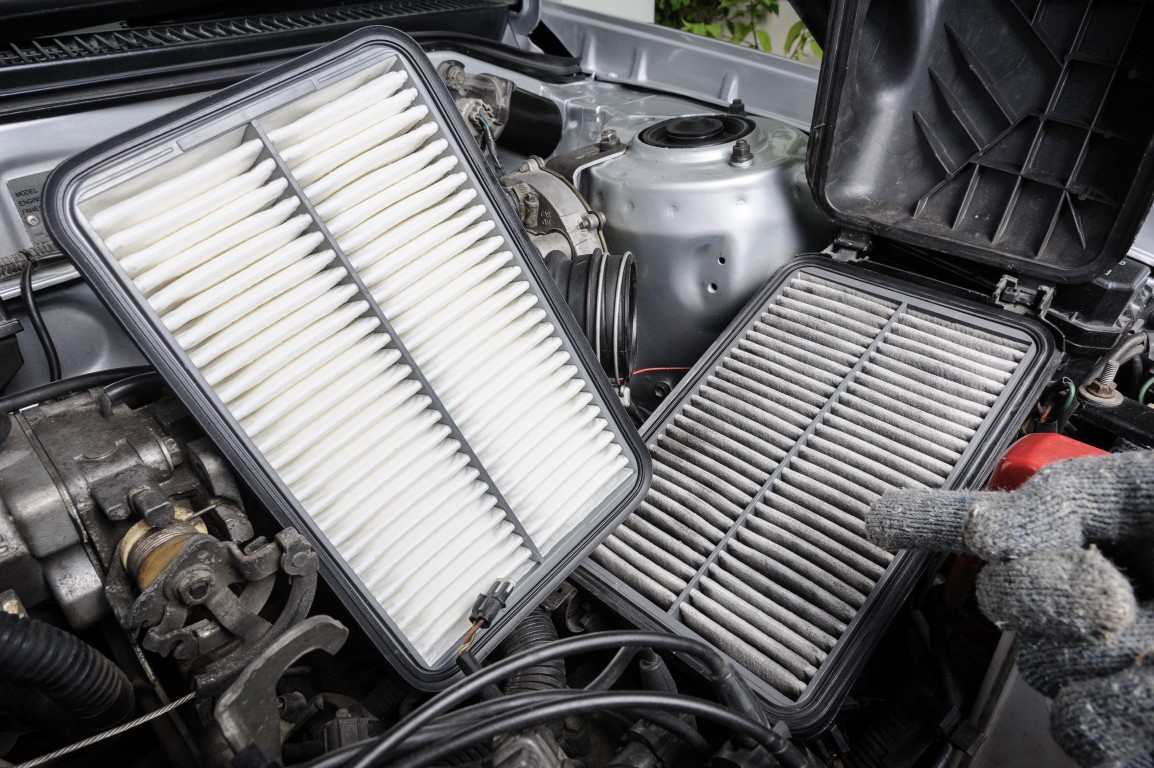
Unlocking better performance in your car doesn’t have to drain your wallet. By focusing on fuel economy, engine performance, and regular maintenance, drivers can optimize their vehicles without significant expense. Small changes can make a big difference in how efficiently a car runs and how long it lasts.
Start by giving attention to your car’s engine. Simple tasks like changing air filters or using high-quality oil can boost performance. Regularly maintaining these elements ensures longevity and improves the overall driving experience.
Fuel economy is also a key area where improvements can be made. Keeping tires properly inflated and reducing excess weight in the car can lead to fewer trips to the gas station. Regular care, such as timely oil changes and using the correct fuel type, supports both performance and efficiency.
Budgeting for Car Performance Upgrades
When upgrading a car for better performance without overspending, it’s important to prioritize. Balancing cost, impact, and potential resale value can help make informed decisions about which upgrades to pursue first.
Prioritizing Upgrades Based on Cost and Impact
Evaluating upgrades involves considering both their cost and the impact on performance. Start with affordable enhancements, such as high-performance air filters and spark plugs. These options are typically less expensive and can provide modest boosts in engine efficiency. Exhaust system modifications, like replacing mufflers or catalytic converters, can improve airflow and generate noticeable improvements in power.
Allocate budget for vital components that enhance safety and handling. Upgrading suspension systems or tires may be costlier upfront but can significantly improve driving dynamics. This can also affect long-term savings by reducing wear and tear on other parts. Look for components with good ratings and reviews to ensure that investments result in genuine performance gains rather than superficial changes.
Understanding the Relationship Between Investment and Returns
It’s important to understand the balance between what is spent and the potential benefits received. Cost-effective upgrades usually offer moderate performance improvements, while premium modifications often provide dramatic enhancements. Buyers should consider the potential for increased resale value when assessing major investments. High-quality enhancements can make a vehicle more attractive to future buyers, potentially offsetting initial costs through higher selling prices.
Examining monthly payments, if financing is used, helps manage expenses and maintain budget goals. By comparing interest rates and loan terms, it may be possible to identify the most financially viable way to enhance a vehicle’s capabilities. Additionally, taking advantage of sales, coupons, and other promotions can lead to significant cost savings when purchasing parts.
Regular Maintenance: The Foundation of Performance
Regular maintenance is essential to improving a vehicle’s performance while keeping costs low. Key tasks like oil changes and ensuring the air filter is clean play crucial roles in maintaining efficiency and longevity.
The Importance of Oil Changes
Frequent oil changes are critical for a car’s engine health. Engine oil lubricates moving parts, reduces friction, removes sludge, and helps manage heat. Over time, oil breaks down and loses effectiveness, potentially leading to engine wear. Most manufacturers recommend changing the oil every 3,000 to 5,000 miles, though high-quality synthetic oils may allow longer intervals.
Using the right oil type for the vehicle is key. It ensures optimal lubrication and performance. Checking the oil level regularly can prevent unseen issues, such as oil leaks. Replacing the oil filter during changes is also important. This ensures any contaminants are effectively trapped, contributing to the overall health of the engine.